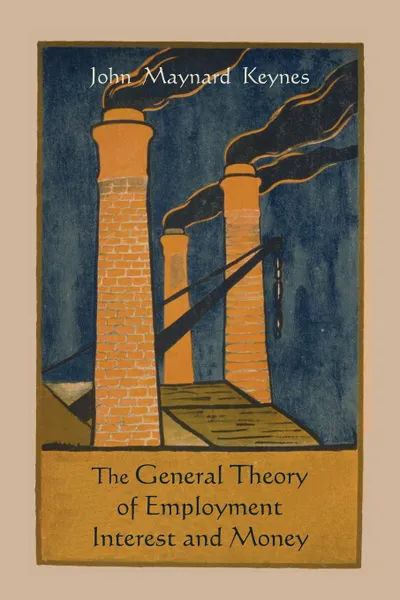The General Theory of Employment Interest and Money 12+
Автор: John Maynard Keynes
2011
416 страниц
Категория: Бизнес-литература
ISBN: 9781891396687
Язык: Английский
📙 2011 Reprint of 1936 edition. Full fledged Facsimile of original first U.S. edition. No changes or omissions from the original format. The General Theory of Employment, Interest and Money is generally considered to be Keynes' magnum opus, and is largely credited with creating the terminology and shape of modern macroeconomics. Published in February 1936 it sought to bring about a revolution, commonly referred to as the "Keynesian Revolution", in the way economists thought - especially in relation to the proposition that a market economy tends naturally to restore itself to full employment after temporary shocks. Regarded widely as the cornerstone of Keynesian thought, the book challenged the established classical economics and introduced important concepts such as the consumption function, the multiplier, the marginal efficiency of capital, the principle of effective demand and liquidity preference.
Мнения
